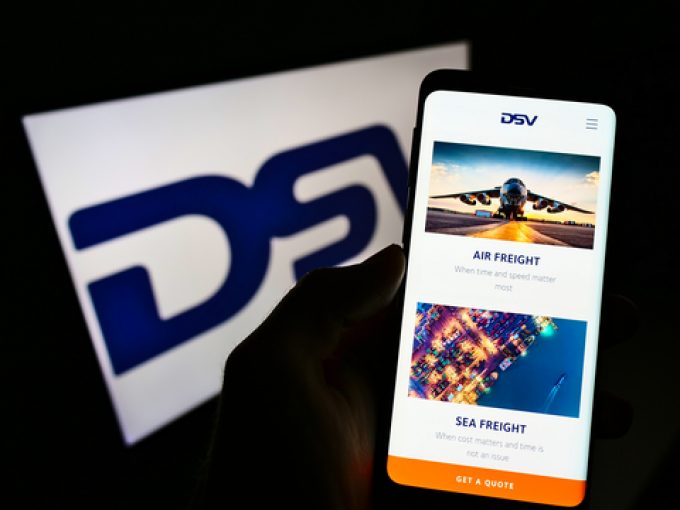'Now or never' for Kuehne and DHL GF to hit back at DSV
Alarm bells ringing

DSV is one forwarder that will not be cut out by Maersk, it said today.
The forwarder claimed to have no concerns over news that the Danish line will cut some customers that do not want integrated services on some key lanes.
“We have seen a line ...
Four crew members still missing as Wan Hai 503 continues to burn
Explosions and 'out-of-control' fire reported on Wan Hai box ship
Predatory rivals circle as the ripples from DSV's Schenker buy widen
MSC Elsa crew face criminal probe, as Wan Hai 503 firefighters battle on
'It's driving us mad', say forwarders as US court fails to end tariff turmoil
Transpacific rates ease as capacity boost proves too much for trades to digest
European port congestion easing – for now
CMA CGM 'testing the water' of the Suez Canal for more services

Comment on this article